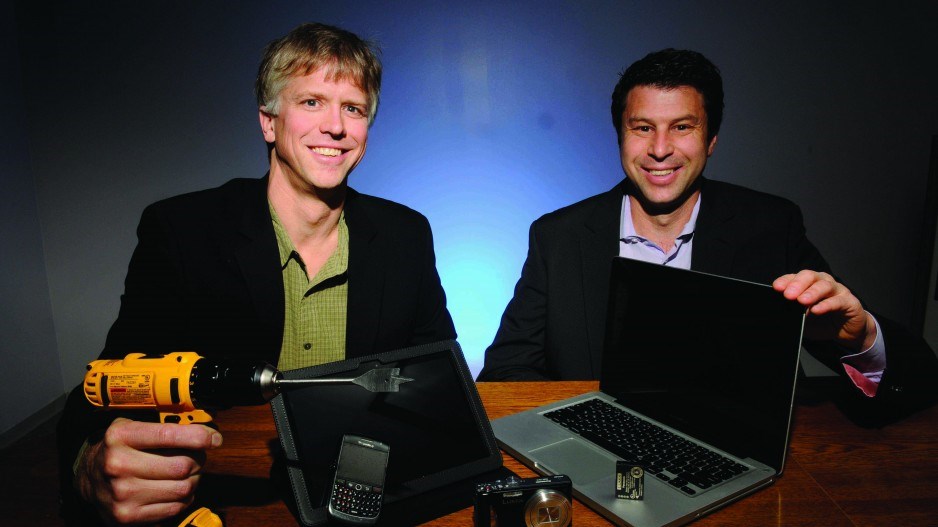When John Lando was trying to prove out a lithium stake his Vancouver junior mining company has in Bolivia, he realized he needed someone with expertise in lithium chemistry.
He hired Teresita Frianeza-Kullberg, an American scientist, to provide advice for extracting lithium – a super-light metal – from a salt lake that his company, New World Resources Corp. (TSX-V:NW), has staked.
But about a year ago, he switched focus when he realized that the real fortune was not in Bolivia but in the ideas Kullberg had for improving lithium-ion battery technology – a market conservatively estimated to be worth $3 billion a year.
Lando formed a partnership with Kullberg, who is now co-CEO of Perfect Lithium Corp., opened a new lab for her in North Carolina. He then recruited Dan Blondal – a mechanical engineer who has worked for Creo Products and General Fusion – to be co-CEO.
Perfect Lithium is now working to commercialize a process that could reduce the cost of making batteries and extend their life and storage capacity.
“It makes the processing cheaper,” Blondal said. “We think we can reduce the processing in half.”
Making battery components like cathodes for lithium-ion batteries involves grinding, blending and heating a mix of lithium and other metals, which is energy intensive. The cathode represents 23% of the cost of a typical battery.
Kullberg developed a chemical process that’s much less energy intensive. Because it produces a nano-structured material, it also improves ion flow, which allows for more energy density. That could mean longer battery life and more efficient charging.
“On a technology basis, this is an interesting play,” said Jon Hykawy, a clean technology and materials analyst with Byron Capital Markets Ltd. “This is something not many other people have considered doing.”
The market for rechargeable lithium-ion batteries is huge and growing, thanks in part to the explosion in the use of tablets, smartphones and laptops. Lithium-ion batteries currently account for 37% of the world’s battery market.
“Who amongst us wouldn’t want to be able to get the cellphone to work for 30% longer and charge it faster?” Hykawy said. “I’ll take that.”
Another market that has a huge potential for growth is electric vehicles. Hykawy said the battery alone for a Nissan Leaf costs $18,000.
“If Dr. Kullberg’s right – and there seems to be some early results that indicate she may be – she’s going to get 20% to 30% better performance using her techniques rather than the standard run-of-the-mill industry techniques. You might drop the price of one of these Nissan Leaf batteries from $18,000 to $13,000.”
Lando believes storage for renewable energy – wind and solar – is another potentially huge market.
“The lithium-ion battery, I think, will become a leader in that space as well,” Lando said.
So far, Perfect Lithium has demonstrated at the bench level that the process Kullberg has developed works, and will file patent applications in the New Year and seek third-party validation.
Lando said the company would likely license its technology to large manufacturers like FMC Corp. and Chemetall Foot Corp. Kullberg has worked with both companies.
The global lithium-ion battery market is worth about $12 billion and is expected to grow to $37 billion by 2015, according to the Yano Research Institute. The annual cathode materials market – the one that could use Perfect Lithium’s process – is worth about $3 billion today and expected to grow to $6.5 billion by 2015. •




